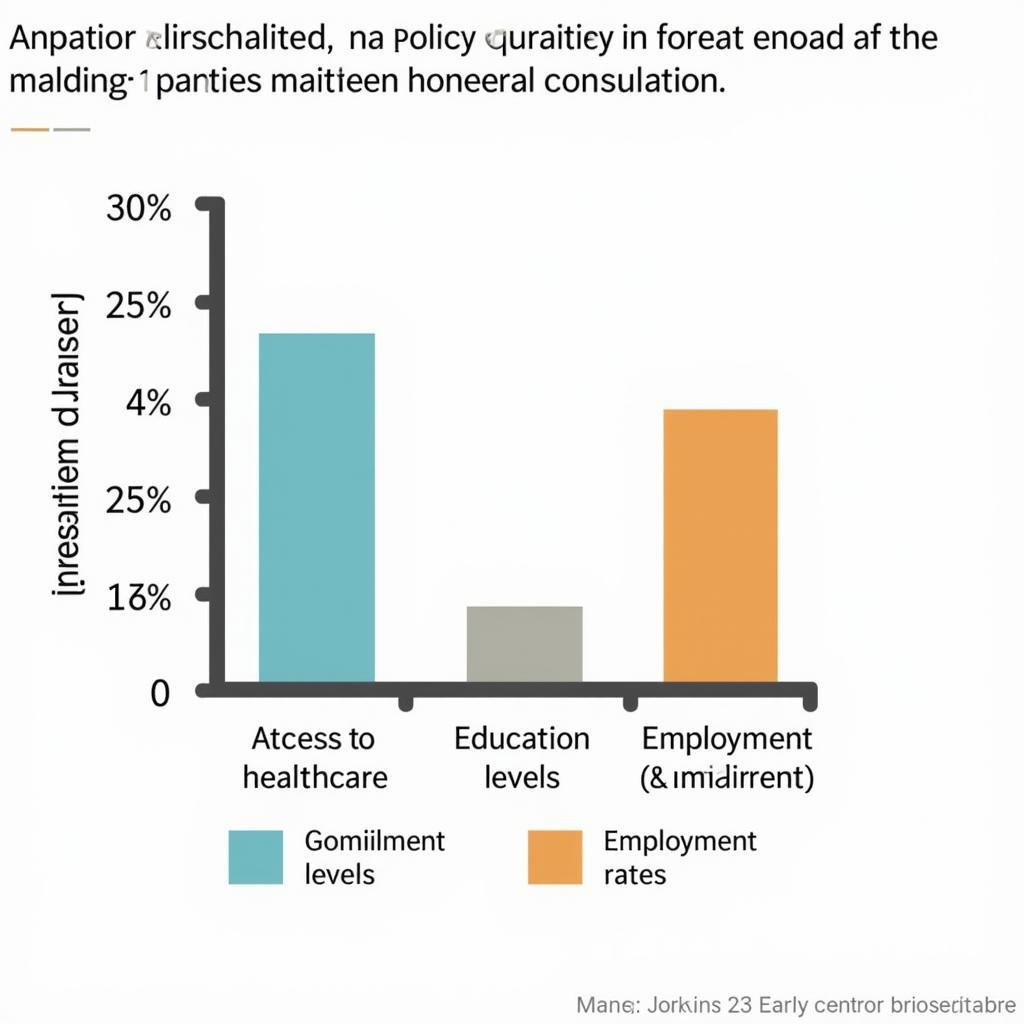Uncovering Insights: African American Census Data
African American Census Data offers a crucial lens through which we can examine the demographic, social, and economic landscape of this significant population group in the United States. This data reveals not only population size and distribution but also sheds light on critical factors such as education, income, housing, and health disparities. Understanding these trends is essential for policymakers, researchers, and community organizations working to promote equality and address systemic inequalities. This data also helps individuals trace their ancestry and connect with their heritage. Check out resources related to African American surnames and meanings for more information on genealogical research.
The Significance of African American Census Data
African American census data plays a vital role in understanding the experiences and challenges faced by this community. It provides a statistical representation of their presence and progress in the country. By examining historical census data, we can trace the demographic shifts, migration patterns, and social changes that have shaped the African American experience over time. This historical perspective provides valuable context for understanding current social issues and developing effective solutions. For example, looking at the African American poverty rate 2020 can inform strategies for economic empowerment.
Using Census Data to Address Disparities
The census provides crucial data that helps identify and address disparities in areas such as healthcare, education, and employment. By analyzing data on income levels, access to healthcare, and educational attainment, researchers and policymakers can pinpoint areas where interventions are most needed. This targeted approach allows for the development of programs and policies designed to mitigate existing inequalities and promote equitable opportunities for African Americans. Data-driven insights empower communities to advocate for resources and policy changes that directly address their needs.
 African American Census Data: Unveiling Disparities in Healthcare, Education, and Employment
African American Census Data: Unveiling Disparities in Healthcare, Education, and Employment
Historical Perspectives on African American Census Data
Examining African American census data across different historical periods allows us to observe the evolution of demographics and socioeconomic conditions. From the first census in 1790 to the present day, this data reflects the impact of historical events such as slavery, the Civil Rights Movement, and ongoing struggles for social justice. Analyzing these trends helps us understand the long-term effects of historical discrimination and the persistent need for continued progress towards equality. You might also be interested in learning about African American names 1950s to understand naming conventions across different eras.
Uncovering Hidden Stories through Census Records
Census records often reveal fascinating details about individual lives and families. Genealogists and historians utilize these records to trace family histories, discover migration patterns, and gain insights into the daily lives of African Americans throughout history. While navigating these historical documents, it’s important to be aware of misinformation and scams, such as the ones surrounding the African American DNA hoax. Through careful research, these records can offer valuable glimpses into the rich tapestry of African American heritage.
The Future of African American Census Data
The accuracy and completeness of African American census data are essential for ensuring fair representation and resource allocation. Community engagement and outreach play a crucial role in encouraging participation and addressing concerns about data privacy and security. As data collection methods evolve, ensuring inclusivity and accessibility will be key to capturing an accurate picture of the African American population and addressing their needs effectively. Understanding the African American percentage of US population is essential for accurate representation and resource allocation.
Ensuring Accurate Representation and Resource Allocation
Accurate census data is critical for ensuring that African American communities receive adequate resources and representation in government and other institutions. It informs the allocation of federal funding for programs related to education, healthcare, housing, and economic development. By providing a comprehensive understanding of the needs and characteristics of this population, census data empowers policymakers to make informed decisions that promote equity and opportunity.
 Navigating the Future of African American Census Data: Challenges and Opportunities
Navigating the Future of African American Census Data: Challenges and Opportunities
Conclusion
African American census data provides invaluable insights into the demographic, social, and economic realities of this diverse population group. From understanding historical trends to addressing contemporary challenges, this data plays a crucial role in shaping policies and programs that promote equality and opportunity. By continuing to collect and analyze African American census data, we can work towards a more just and equitable future for all. For further insights into historical and social trends impacting the African American community, explore resources related to the African American poverty rate 2020.
FAQ
- How often is the US Census conducted? (Every 10 years)
- What information does the census collect about race and ethnicity? (Self-identified race and Hispanic origin)
- How is census data used to allocate federal funding? (Data informs formulas for distributing funds to states and local communities)
- How can I access historical census data? (Through online archives and libraries)
- What are some privacy concerns related to census data? (Confidentiality and protection of personal information)
- How does the census define the “African American” category? (Individuals who self-identify as Black or African American)
- What are some limitations of census data? (Potential undercounting and reliance on self-reporting)
For more information about other related topics on African Life and culture, explore our articles about African American DNA Hoax and African American Names 1950s. You can also find valuable insights on African American percentage of US population.
Need support? Contact us 24/7: Phone: +255768904061, Email: [email protected], or visit us at Mbarali DC Mawindi, Kangaga, Tanzania.

